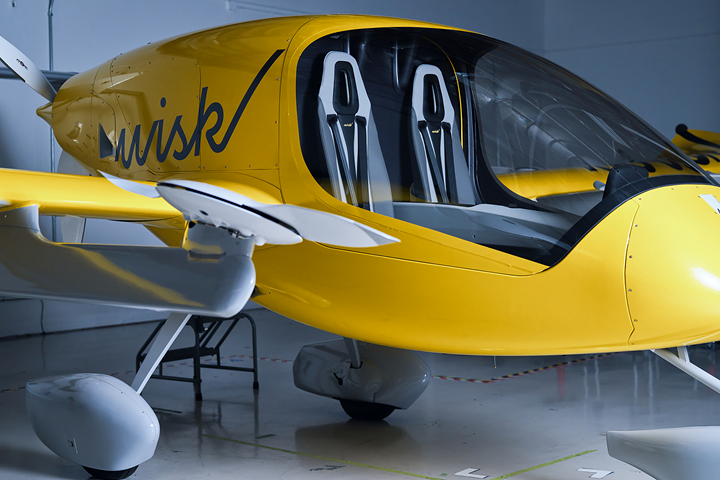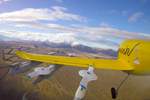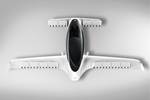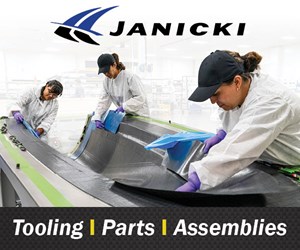Wisk secures $450 million from Boeing to advance certified, autonomous eVTOL flight
Investment reinforces near-term expansion plans, including the launch of scale manufacturing, and certification of Wisk’s sixth-generation eVTOL aircraft.

Photo Credit: Wisk
Advanced air mobility (AAM) company and developer of all-electric, self-flying air taxi Wisk (Mountain View, Calif., U.S.) has secured $450 million in funding from The Boeing Co. (Chicago, Ill., U.S.). Combined with previous funding, this investment reinforces Wisk’s position as a privately backed AAM company and highlights the strength of Wisk’s strategic partnership with Boeing to collaborate on critical technology development. Previous undisclosed funding rounds were also led by The Boeing Co. and Kitty Hawk Corp. (Palo Alto, Calif., U.S.).
This investment will further advance the development of Wisk’s sixth-generation electric vertical takeoff and landing (eVTOL) aircraft. The funding will also support the company as it enters an intensive growth phase over the next year, its preparations for the launch of scale manufacturing and the company’s go-to-market efforts.
“Wisk is extremely well-positioned to deliver on our long-term strategy and commitment to safe, everyday flight for everyone. We are incredibly fortunate to have Boeing as not only an investor but a strategic partner, which provides us with access to a breadth of resources, industry-leading expertise, a global reach, extensive certification experience and more,” says Gary Gysin, CEO of Wisk. “As we enter this next stage of our growth, this additional funding provides us with capital while allowing us to remain focused on our core business and our number one priority: safety.”
Within five years following the certification of its sixth-generation aircraft, Wisk intends to operate one of the industry’s largest fleets of AAM eVTOL aircraft. The scale of this fleet is enabled by the company’s autonomous technology, reported to be a competitive differentiator and industry-recognized key to scaling services and maximizing safety. In this timeframe, Wisk anticipates close to 14 million annual flights, bringing time savings to more than 40 million people across 20 cities — all with zero emissions.
“With this investment, we are reconfirming our belief in Wisk’s business and the importance of their work in pioneering all-electric, AI-driven, autonomous capability for the aerospace industry,” adds Marc Allen, chief strategy officer at Boeing. “Autonomy is the key to unlocking scale across all AAM applications, from passenger to cargo and beyond. That’s why straight-to-autonomy is a core first principle. Boeing and Wisk have been at the forefront of AAM innovation for more than a decade, and will continue to lead in the years ahead.”
Wisk began in 2010 as Zee Aero, with a mission to deliver safe, everyday flight, and later merged with Kitty Hawk Corp. Upon recognizing the commercial potential of Wisk’s fifth-generation aircraft, the aircraft and team were spun out to form Wisk, with an investment from Boeing. Over the past decade, Wisk says it has achieved a number of aviation and industry firsts, including the first flight of an all-electric, autonomous, eVTOL aircraft designed for passenger use, in the U.S.
Related Content
-
Plant tour: Joby Aviation, Marina, Calif., U.S.
As the advanced air mobility market begins to take shape, market leader Joby Aviation works to industrialize composites manufacturing for its first-generation, composites-intensive, all-electric air taxi.
-
Overair's Butterfly eVTOL prototype to integrate composites-intensive design
Aiming for first flight tests in the latter half of 2023, Overair’s Butterfly aircraft uses Toray carbon fiber/epoxy prepreg strategically to cut weight on its battery-powered, quiet aircraft.
-
We're going to need a lot of propeller blades
As advanced air mobility expands and annual shipsets get into the thousands, the demand for composite propeller blades is expected to skyrocket. What are the implications for the composites supply chain?
















